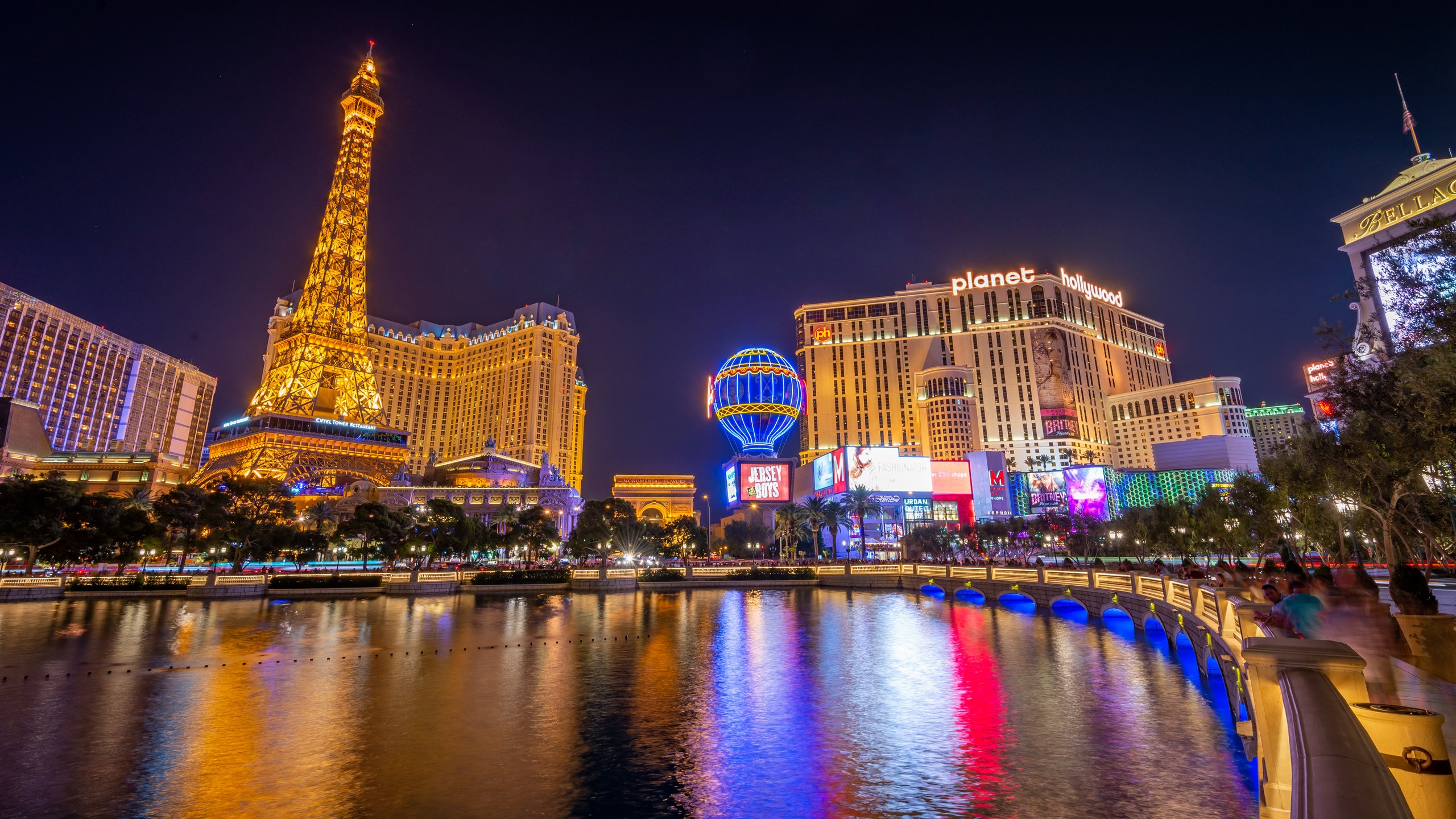Casino Games and Their Role in Cultural Trends

Gambling games have long captured the imagination of individuals around the globe, becoming an important part of both entertainment and tradition. From the sparkling lights of Las Vegas to the immersive experience of internet gambling, these experiences evoke thrill, uncertainty, and sometimes even a sense of sentimentality. They are not just just pastimes; they have woven themselves into the texture of our lives, influencing everything from movies and music to style and literature.
The charm of casino games surpasses the wagering aspect, tapping into broader themes of luck, risk, and social interaction. As players assemble around a gaming table or spin the roulette, they engage in an age-old ritual that echoes with our shared desire for excitement and unpredictability. tmtplay This captivation has led to the emergence of many references in films, music, and gaming, showcasing how intensely entrenched these pastimes are in popular culture. Whether it is the pressure of a legendary heist movie or the lively nightlife portrayed in recordings, casino games have created a substantial role that reflects our bond with reward.
Social Impact of Casino Games
Casino activities have played a key role in cultural aspects throughout history. Stemming from old civilizations, games of chance were often linked to rituals or events. For instance, early iterations of these activities can be traced back to historic China and the Roman Empire, where die games and betting on results were common pastimes. These games not only functioned as entertainment but also as means of social interaction, facilitating relationships among individuals within communities.
As cultures evolved, so did the sophistication and structure of casino games. The establishment of official casinos in the 17th century, particularly in Italy, marked a notable shift in how games were perceived and organized. With specific spaces for gaming, the casino became a community center where patrons from different backgrounds gathered. This evolution contributed to the validation of the industry, transforming it from a mere pastime into an organized industry that influenced the economy and regulations.
The effect of gambling activities on popular culture cannot be overlooked. As they were popularized in books and movies, games such as poker and 21 became symbols of risk, chance, and tactics. Iconic figures and narratives have emerged around these games, reflecting societal attitudes towards fortune, prosperity, and vice. This interest with gambling games has permeated various forms of media, solidifying their status in the public imagination and linking them to wider cultural narratives throughout history.
Portrayal of Casino Games in Entertainment
Casino activities have long been a popular subject in various forms of media, reflecting both the thrill and intricacies of the world of gambling. Movies such as Ocean’s Eleven and Casino Royal portray characters who navigate high-stakes environments, showcasing not only the attractiveness of the gambling environment but also the tactics and decisions that come with playing popular games like poker and 21. These movies often dramatize the excitement of winning and the potential consequences of losing, encapsulating the dangers involved in gambling.
Television shows have also explored the realm of gambling activities, often integrating them into the storyline as a backdrop for character arcs and conflict. Series like Las Vegas depict the experiences of casino workers and patrons, highlighting the lively, often chaotic energy of the casino floor. Reality shows featuring high-stakes betting contests further emphasize the attraction of gambling activities, drawing viewers into the drama and planning involved in each game. Through these portrayals, media not only entertains but also stimulates conversations about luck, expertise, and the essence of randomness.
Gaming have increasingly incorporated casino games into their development, allowing players to experience the experience of gambling without financial risk. Titles within the realm of online gaming often include online slot machines, online poker, and other popular casino games, creating an immersive gameplay that mirrors traditional gambling. These virtual portrayals make gambling activities accessible to a broad demographic, appealing to both risk-takers and those who enjoy the excitement of simulation. As a result, the portrayal of casino games in entertainment continues to shape public perception and cultural significance, highlighting their place in entertainment and social context.
Effect of Casino Games on Society
Gambling activities have a meaningful effect on society, affecting various aspects of culture and interpersonal behavior. They often serve as a platform for community engagement, where people come together to experience a shared experience. Game nights with friends or trips to casinos become group events that foster connections and create memories. This collective aspect boosts the fun value of gambling activities, making them a popular choice for celebrations and recreational pursuits.
Moreover, gambling activities have been portrayed in numerous films, TV series, and written works, shaping views and attitudes towards gaming and gaming. Icons like James Bond competing in baccarat or the high-stakes poker scenes in films have embedded these games in the collective imagination. This depiction often glamorizes the culture associated with casino activities, attracting new players and impacting trends in both style and conduct. These representations can ignite curiosity and lead to a more profound investigation of the intricacies of gaming.
Nonetheless, there are also negative consequences linked to the widespread appeal of casino games. The temptation of quick monetary gain can lead to gambling addiction and financial troubles for some people. Society must contend with these consequences, promoting responsible gaming and awareness of the dangers involved. Finding a balance between the fun aspect of casino games with the potential for harm is crucial to ensure that they remain a beneficial aspect of our societal fabric.